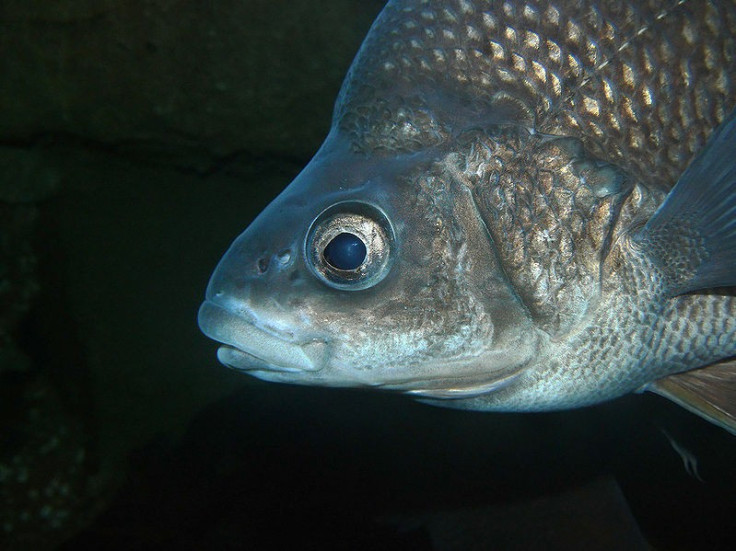Fish Hooked on Drugs: Meds Make Perch Antisocial and Give them the Munchies
Tranquillizer Oxazepam in waterways causes behavioural changes in fish, Swedish researchers find

Drugs alter the way fish behave in the same ways as they do humans, researchers have found.
Anti-anxiety medication Oxazepam makes fish antisocial, less cautious and less stressed, researchers at the Umeå University in Sweden discovered.
Many pharmaceutical drugs end up in the world's waterways despite wastewater treatment plants.
The leaching of pharmaceuticals into water systems is having an adverse effect on the fish population, the researchers warned.
Tomas Brodin, in his study on European perch, found that fish that had eaten Oxazepam became bolder, were less social and ate faster.
He altered fish behaviour in the laboratory by dosing them with the psychiatric drug. Brodin gave them the same amount of the tranquiliser as found in Sweden's rivers and streams.
"Normally, perch are shy and hunt in schools. This is a known strategy for survival and growth. But those who swim in Oxazepam became considerably bolder," Brodin said.
Safe refuge
He explained that the drugged fish left their schools to look for their own food, putting themselves at risk of being eaten by another fish.
"While alone, fish that were exposed to Oxazepam dared to leave safe refuge and enter novel, potentially dangerous areas," he said.
"In contrast, unexposed fish stayed hidden in their refuge. The exposed fish seemed much less stressed and scared, behaving calmer and bolder.
"Perch that were exposed to Oxazepam lost interest in hanging out with the group, and some even stayed as far away from the group as possible."
Brodin also found that fish who had drugs on their systems ate their food quicker than those that did not. Over time, that could alter the composition of the species and change local eco systems.
While Brodin only examined the effects of Oxazepam on fish, a whole host of drugs are believed to be in the world's waterways, raising fears of a number of behavioural changes in species.
Study co-author Jerker Fick said: "The solution to this problem isn't to stop medicating people who are ill but to try to develop sewage treatment plants that can capture environmentally hazardous drugs."
© Copyright IBTimes 2025. All rights reserved.






















